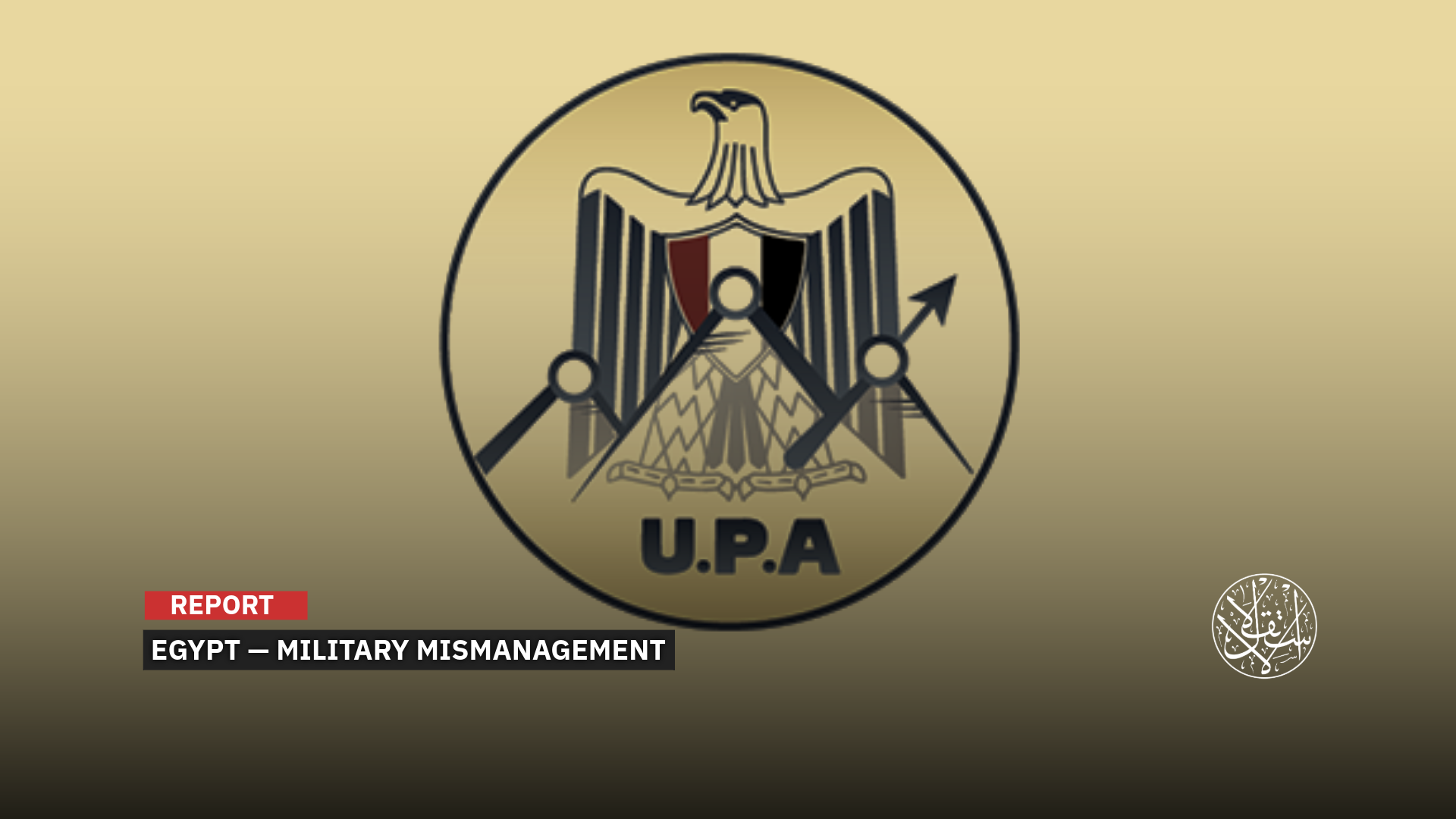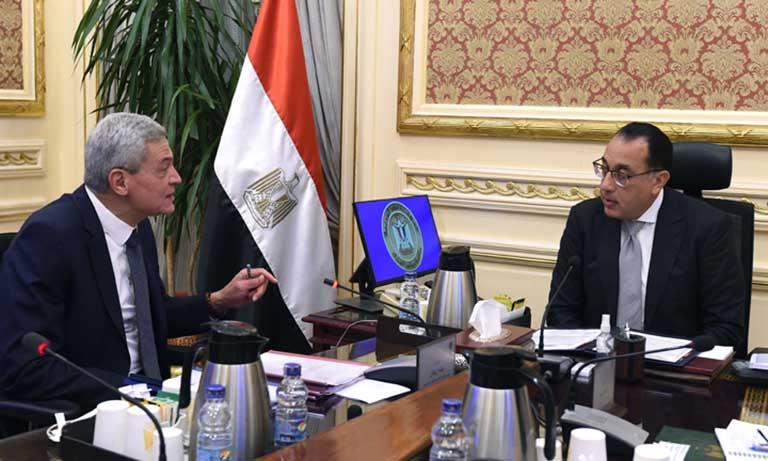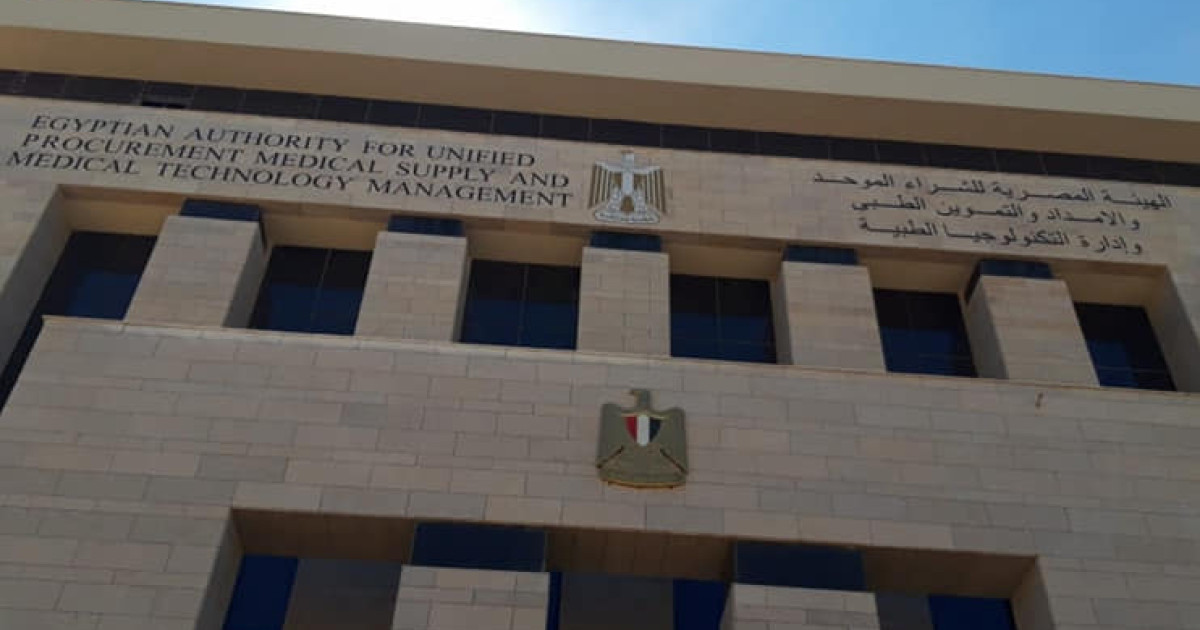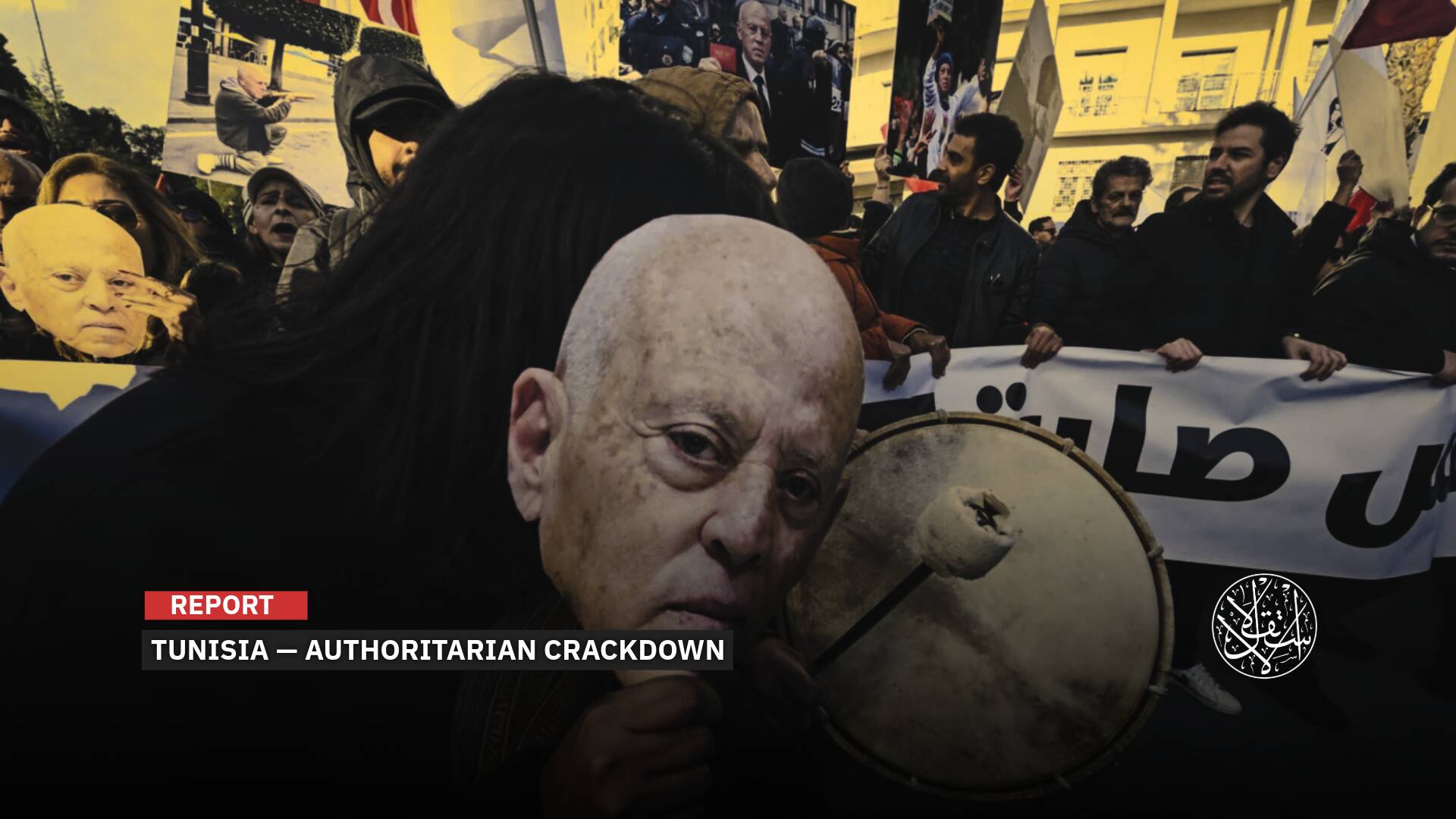Egypt’s Military Policies and the Collapse of the Medical Supplies Sector

The army has devastated Egypt’s pharmaceutical and medical supplies industry.
Egypt’s recent medical supplies crisis is just a snapshot of how the ruling military’s mindset drives the country into one disaster after another.
The “Unified Procurement Authority,” born under the banner of reform and controlling chaos, has in just a few years become a stark example of military mismanagement when it intrudes into highly sensitive civilian sectors such as healthcare.
The military’s encroachment into Egypt’s economy has directly contributed to the collapse of sectors that had long withstood crises, including the production and trade of medical supplies.
What was once a flexible and diverse market, capable of meeting the needs of hospitals and patients, is now mired in debt and crippled by rigid centralized decisions, governed by the logic of generals rather than the logic of the market.
The story of the Unified Procurement Authority exposes not only a debt crisis running into billions of Egyptian pounds, but also how a mindset that treats the economy as a domain for military control undermines supply and demand, drives companies to bankruptcy, leaves hospitals struggling, and ultimately forces ordinary citizens to pay the price with their health and lives.
The Scope of the Current Crisis
In a scene that lays bare the depth of Egypt’s healthcare management crisis, a severe shortage has struck the medical supplies and pharmaceutical industries.
On August 27, 2025, Mohamed Ismail Abdo, head of the General Chamber for Medical Supplies at the Cairo Chamber of Commerce, announced that numerous production lines had halted due to companies’ inability to access liquidity, following the Unified Procurement Authority’s failure to settle its debts.
Abdo said around 11 factories had stopped production entirely, while others were operating under extreme difficulty. “We are not asking for dollars but for Egyptian pounds,” he added, proposing that payments be transferred directly to banks to settle debts rather than leaving companies exposed to asset seizures.
He continued, “Sadly, what we see is a lack of serious engagement with a vital sector that includes thousands of factories and employs around two million insured workers.”
In numbers, the authority’s debt to suppliers has accumulated to 43 billion Egyptian pounds, around $887 million, prompting company representatives to call on the prime minister and finance minister for urgent intervention after failing to reach an agreement with the new head of the authority, Dr. Hisham Stait, for an immediate payment of dues.
The issue, however, is not just financial. It reflects a deeper story about the state’s militarized approach to managing the healthcare sector, which has led to the collapse of large parts of the market and created unprecedented chaos in the system of care.

What is the Unified Procurement Authority?
The roots of the crisis go back to the flotation of the Egyptian pound in November 2016, when the exchange rate jumped from 7 to 17 pounds against the dollar, disrupting pricing mechanisms and triggering severe shortages in medicines and medical supplies.
As was customary, the military was called in to intervene through direct contact with companies, and its approach was clear, “Those who supply at the mandated price are rewarded, those who refuse face punishment.”
With this approach failing in an already complex market, a new centralized system for managing supplies was conceived.
In 2019, the Unified Procurement Authority was established as a central body responsible for purchasing medicines and medical supplies and distributing them to hospitals.
To lead the new entity, a military doctor, Major General Bahaa el-Din Zidan, was appointed, reflecting the continued military approach to managing sensitive civilian sectors.
Among the authority’s key responsibilities at the time were conducting all purchases of pharmaceuticals and medical supplies for all government agencies, preparing the annual budget for procurement, and developing plans, programs, and procedures for centralized procurement from both domestic and international sources.
It was also tasked with contracting companies to purchase medical supplies, managing their storage, transport, and distribution, coordinating with medical firms to strengthen the state’s strategic medical stock for emergency situations, and putting in place measures to respond to crises in coordination with other relevant bodies.

Dimensions of the Crisis
Amid mounting debts and repeated crises, especially following the deepening economic turmoil of 2022, Major General Bahaa El-Din Zidan was removed from the leadership of the Unified Procurement Authority at the start of 2025.
He was replaced by Dr. Hisham Stait, who had previously served as the authority’s deputy head and was also CEO of the state-owned el-Gomhouria company for medical supplies trade.
Major General Bahaa is one of the most prominent military figures to manage Egypt’s healthcare sector in recent years.
He oversaw Al Galaa Military Medical Complex (GMMC), headed the Unified Procurement Authority for medical supply and logistics, and managed medical technology operations.
He gained wide public attention in April 2020 when he appeared alongside the head of the regime Abdel Fattah el-Sisi inspecting military equipment and teams designated to support the civilian sector in the fight against the coronavirus pandemic.
At the time, el-Sisi revealed the existence of a “reserve stockpile” of medical supplies that did not fall under the army or Ministry of Health, instructing Bahaa explicitly that the stockpile should not be touched without his direct permission, a clear reflection of the highly centralized military management imposed on the healthcare sector.
With Dr. Hisham Stait assuming responsibility, the government sought to stabilize the situation through urgent measures, notably doubling the authority’s budget from 50 to 100 billion Egyptian pounds in the new fiscal plan and reaching agreements with companies to pay off part of the accumulated debts.
However, these efforts quickly faltered due to persistent liquidity shortages, leaving the crisis unresolved with no fundamental solutions in sight.

The Army Bears Responsibility
Looking at the situation, Egyptian pharmacist Dr. Ibrahim Mahmoud said the crisis at the Unified Procurement Authority is “not just about changing personnel or increasing budgets, the real problem lies in the authority’s very mechanism of operation.”
“Even now, there is no meaningful coordination with hospitals on one side or suppliers on the other. There is an incomprehensible vacuum in this process,” he told Al-Estiklal.
“The authority needs a strong administrative body staffed with competent medical professionals capable of navigating the market with all its flexibility and complexities.”
“What is required,” he continued, “are independent medical cadres, free from the dictates of security or military bodies, who know how to communicate with both large and small suppliers, and who operate according to market rules rather than the carrot-and-stick logic that defined the previous military approach.”
Mahmoud went on to say, “We must say clearly that the army has destroyed Egypt’s pharmaceutical and medical supplies industry, an industry that had stood strong for decades and positioned Egypt as a regional leader. Military intervention saddled it with debt and drove it into chaos and paralysis.”
“The issue is not only the 43 billion Egyptian pounds of accumulated debt, but the direct impact on patients’ lives. Thousands of patients today suffer shortages of essential supplies in hospitals, and it is ultimately the citizens who pay the price with their health and their lives.”
He also highlighted another dimension, saying, “We cannot ignore the massive Emirati encroachment in this sector since 2013. If things continue this way, it will take only a few years for the UAE to monopolize the pharmaceutical and medical supplies industry entirely, becoming the sole controller in Egypt.”
“The Unified Procurement Authority, which was presented as a solution to the crisis, has become a bigger problem than the original issue. The experience shows that the military mindset may enforce a form of discipline, but it is incapable of managing a vital and complex market like the pharmaceutical sector.”
“If radical reform does not return the market to its rightful stakeholders, the collapse will continue, and Egypt’s healthcare sector will lose whatever capacity it has left to survive,” he concluded.
Sources
- Eleven factories closed: Medical supplies sector warns Unified Procurement Authority’s failure to pay threatens 2 million workers [Arabic]
- Hisham Stait appointed head of the Unified Procurement Authority, replacing Major General Bahaa El-Din Zidan [Arabic]
- Unified Procurement Authority: the military mindset cannot solve market problems [Arabic]
- Major General Bahaa Zidan, the army broker who destroyed Egypt’s pharmaceutical industry [Arabic]
- After recording 43 billion pounds, the Medical Supplies Chamber investigates the Unified Procurement Authority’s debt crisis [Arabic]










